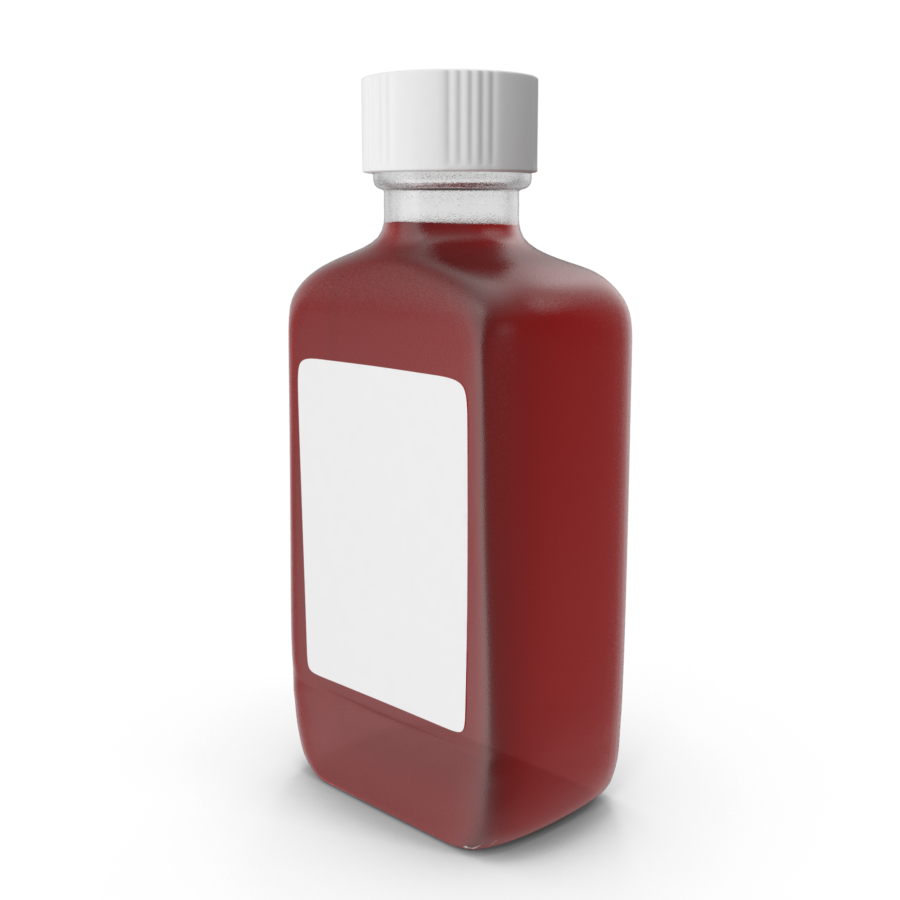
What is Lean?
Lean or Purple Drank is a drink made from a mixture of Codeine cough syrup, soda, and sometimes hard candy and/or alcohol. The Codeine cough syrup used is a prescription opioid medication which is typically prescribed for illnesses such as Strep Throat and severe colds or flus. The codeine acts as both a cough suppressant as well as pain relief for symptoms. Unfortunately abuse has become widespread and street prices for Codeine cough syrup can be as much as $200 per bottle.
Codeine is an opioid, similar to Morphine. It is weaker but like all opioids, regular abuse leads to tolerance and addiction. Further concern lies in the fact that with Lean, the amount used in the drink can be up to 25x the recommended dose and thus can lead to overdose. Codeine cough syrup that also uses Promethazine, a strong antihistamine, can cause further issues. Promethazine is another central nervous system depressant. In combination with codeine, promethazine can slow breathing to the point of complete respiratory arrest. This is particularly troubling due to the high amounts of the syrups used in Lean drinks.
Additional concerns come into play when alcohol is mixed into a Lean cocktail. Adding alcohol increases the change of respiratory depression. This can lead to organ damage, coma, or death due to the reduced oxygen flow to the brain.
Other Names for Lean
- Purple Drank
- Sizzurp
- Syrup
- Dirty Sprite
- Purple Lean
- Purple Tonic
- Texas Tea
- Memphis Mud
- Drank
Lean in Pop Culture
Codeine cough syrup has been abused by people for years but in the past few decades Lean was popularized in pop culture through songs and interviews with musicians. It became particularly prominent in the hip hop community and is reported to be the reason for Lil Wayne’s ongoing hospitalizations for seizures. Bow Wow recently shared about nearly dying from Lean addiction and the late Mac Miller also spoke of his struggles with addiction to Lean in 2013. Even Justin Beiber has sung about the drug, leading to a dangerous growth in popularity and curiosity.
Side Effects of Lean
The name “Lean” comes from the tendency to lean or be off balance when the drink is consumed. Lean can produce the feeling of euphoria associated with opioids but it can also have very negative consequences, especially in the amounts used in Lean. These include:
- Nausea and vomiting
- Hallucinations
- Extreme sedation
- Wheezing
- Respiratory depression or trouble breathing
- Loss of coordination
- High body temperature
- Severe constipation
- Itchy skin
- Seizures
- Dizziness
- Loss of consciousness
- Changes in heart rhythm
- Night Terrors
Long-term Health Issues Associated with Lean
- Seizures
- Irregular Heart Beat
- Liver damage
- Trouble breathing
- Urinary Tract Infections
- Weight gain
- Tooth decay
Codeine Overdose Symptoms
Early treatment can save a life. If you or someone else experiences these signs or symptoms after consuming Codeine or any other opiate, call 911 immediately:
- Nausea or vomiting
- Hallucinations
- Blue fingernails and/or lips
- Trouble breathing
- Blurred vision
- Confusion
- Weak pulse
- Low blood pressure
- Seizures
- Loss of consciousness
Withdrawal from Codeine
Like all opiates, addiction to codeine can lead to significant withdrawal symptoms when the user tries to quit. Codeine is considered a fast-acting opiate, so withdrawal symptoms can start as soon as 12 hours after last use. The symptoms can be severe enough to require medical intervention in the form of a professional detox center. Symptoms of Withdrawal include;
- Muscle aches
- Sweating
- Agitation
- Watery Eyes
- Runny nose
- Headaches
- Insomnia
- Anxiety
- Nausea
- Vomiting
- Abdominal Cramps
- Diarrhea
- Dehydration
- Fever
Withdrawal symptoms also carry the risk of complications. For example, lung infections caused by vomiting or severe dehydration caused by vomiting and diarrhea. Severe dehydration can lead to problems of its own such as seizures.
Detoxing from codeine addiction is best done in a clinical environment where the patient can safely come off the drug with medical supervision. In a clinical setting, like Harmony Recovery Group’s centers, doctors can prescribe medication to support the patient through the detox and withdrawal process, reducing symptoms and cravings. Furthermore, trained professionals can put a plan in place that includes therapy, group support and tools to promote long-term recovery.
Seeking Help
We hope this article has helped you better understand what Lean is and the risks associated with Codeine abuse. If you or a loved one are struggling with Lean, codeine or any substance addiction, please reach out.
Call us today and find out how we can help.